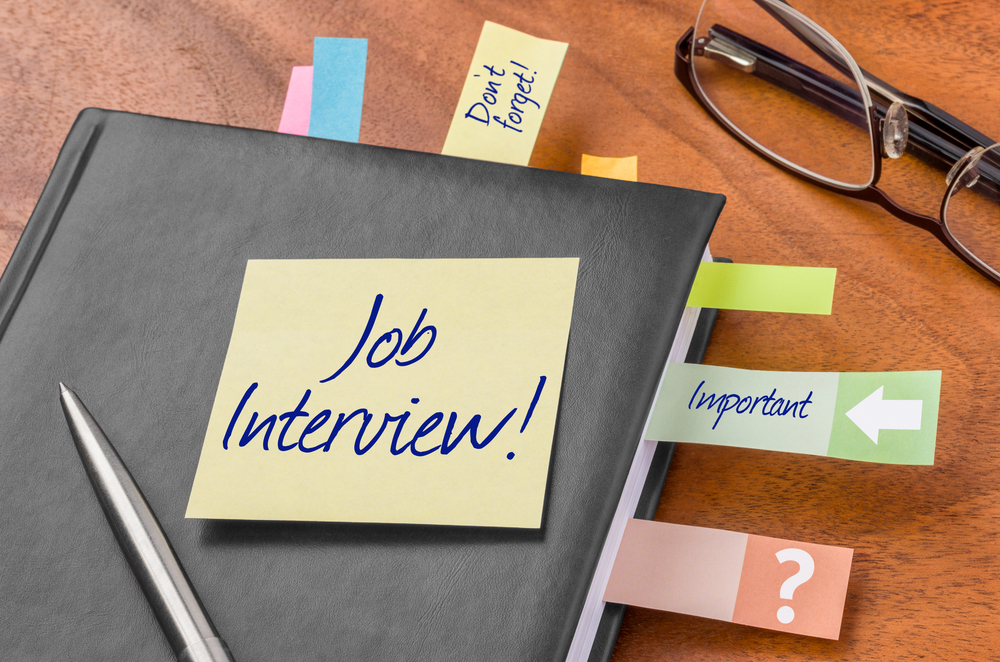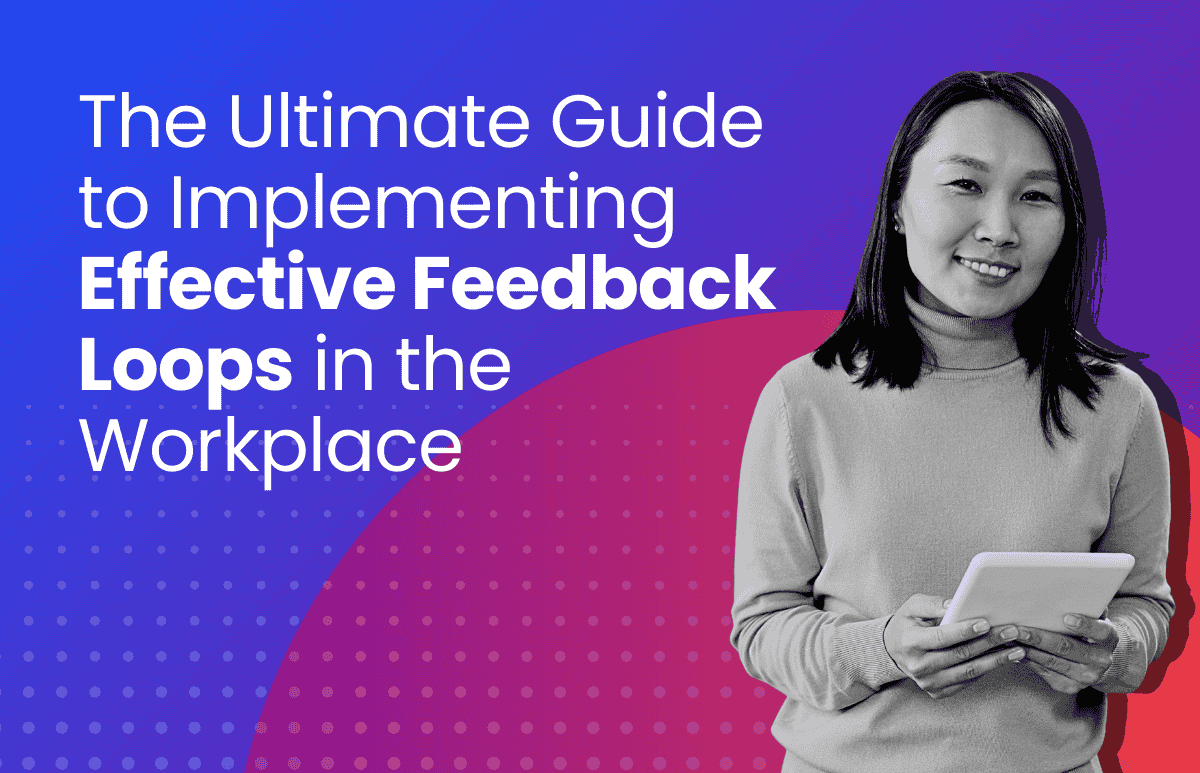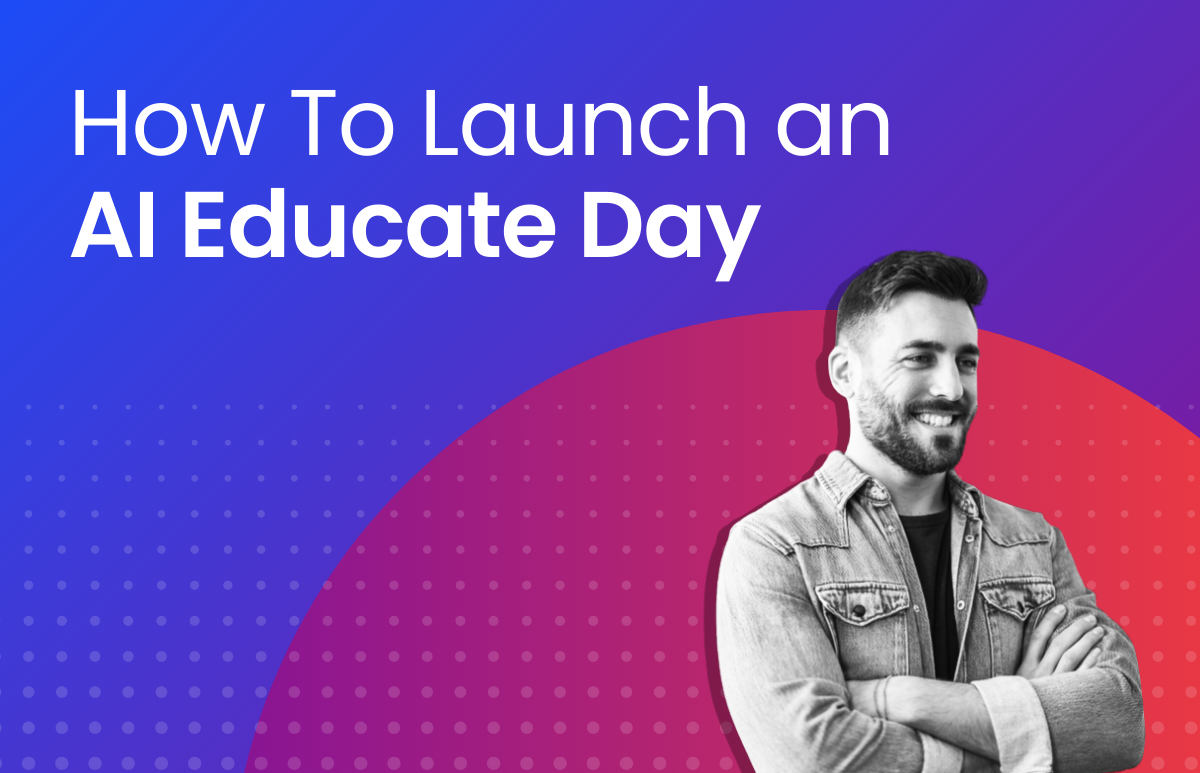Job Interview: A Guide for Recruiters and Hiring Managers

Unearthing the ideal fit for the role demands a proactive approach. Preparing for a job interview is essential for both recruiters and hiring managers. But with limited time and endless resumes, navigating the interview process can feel like a daunting task.
What is a job interview?
Job interviews are formal assessments where potential employers evaluate candidates’ skills, personality, and knowledge for specific roles. Structured or open-ended, they offer insights for both parties, ultimately helping employers choose the most capable candidate.
Importance of job interview in the recruitment process
The role of job interviews
Job interviews play a pivotal role in the recruitment process. Interviews give employers a chance to see if a candidate is right for the job. A good fit with the company culture makes people happier and work better in the long run.
The value of face-to-face interaction
Interviews help you see beyond the resume and cover letter. Job interviews allow recruiters and hiring managers to delve deeper. Use interviews to assess soft skills like communication, problem-solving, and teamwork, which are crucial for success.
Making informed decisions
Job interviews can also help prevent costly hiring mistakes. By asking targeted questions, employers can uncover red flags that may not be evident from written applications. Use interviews to find not just skill, but also positive contributors to the workplace.
Challenges faced by hiring managers and recruiters during interviews
The challenge of bias
One of the most significant challenges, recruiters and hiring managers typically face during interviews is bias. Unconscious biases, even accidental, can impact how interviewers judge skills and company fit.
Biases may stem from factors like a candidate’s age, gender, race, or education. These biases can lead to unfair hiring decisions and missed opportunities for both the organisation and the candidate.
The difficulty of assessing soft skills
Another challenge is the difficulty of accurately assessing a candidate’s soft skills during an interview. Soft skills, such as communication, teamwork, and problem-solving abilities, are crucial for success in most roles. However, they are often harder to measure than technical skills.
Recruiters and hiring managers may struggle to gauge these skills during a short interview. Mistakes in judgment can result in hiring candidates who may find it challenging to collaborate with their team or adapt to changes in the workplace.
The pressure of time constraints
Time constraints also pose a significant challenge during interviews. Hiring errors create friction with colleagues and resistance to new things.
Rushing interviews increases the chance of hiring the wrong person. It can also result in a stressful experience for the candidate, which may affect their performance during the interview.
How to conduct a job interview?
Conducting an effective job interview is a multi-step process that requires preparation, active listening, and thoughtful evaluation. Here’s a breakdown of the key stages:
Before the interview
Preparation is key
The first step in conducting a successful job interview is preparation. This involves understanding the job requirements, reviewing the candidate’s application materials, and preparing relevant interview questions.
Knowing the job details helps you judge if the candidate has the right skills. Checking applications helps you assess capability and fit.
1. Setting the stage
At the start of the interview, it’s important to set a positive and welcoming tone. This can help put the candidate at ease, which can lead to a more productive conversation.
Begin by introducing yourself and explaining the structure of the interview. This gives the candidate an idea of what to expect and shows respect for their time. Make the interview work for you: find a great fit & showcase your company.
- Define the essential skills and qualities: Identify the skills, experience, and personality traits crucial for the role.
- Craft the interview guide: Develop a structured set of questions aligned with the essential qualities you defined. Include open-ended, behavioural, and relevant questions to assess different aspects.
- Research the candidates: Review resumes and cover letters to understand their backgrounds and achievements. This helps personalise questions and tailor the conversation.
- Set timelines and logistics: Communicate the interview schedule, duration, format, and any expectations to both interviewers and candidates.
- Prepare the interview environment: Choose a professional, comfortable, and distraction-free space to facilitate smooth conversation.
2. Pre-candidate communication: asking the right questions
The questions you ask during the interview are crucial in assessing the candidate’s relevance for the role. Use open-ended questions to dive deep into their skills and experience.
Get the interview rolling with questions that ignite a conversation, not a dead end. Use specific questions to draw out detailed examples and experiences.
- Inform candidates about the format: Explain the interview structure, the types of questions they can expect, and the overall duration.
- Provide company information: Share relevant company materials, website links, or FAQs to help candidates understand your organisation better.
- Encourage preparation and questions: Welcome candidate inquiries and encourage them to prepare examples of their skills and experiences.
During the interview:
3. Setting the tone: listening actively
Active listening is a critical skill for conducting successful job interviews. This involves not only hearing the words the candidate is saying but also understanding the information they’re conveying.
Show that you’re engaged and interested in maintaining eye contact, nodding, and providing appropriate verbal feedback. Remember, the interview is a two-way conversation, and your attentiveness can make the candidate feel valued and respected.
- Introduce yourself and welcome: Create a warm and professional atmosphere by introducing yourself and your role in the company.
- Explain the process: Briefly outline the interview format and clarify expectations for responses and questions.
- Break the ice: Start with a light conversation to ease the candidate’s nerves and establish rapport.
4. Asking insightful questions:
- Follow the guide: Use your prepared questions as a framework, but be flexible to adapt based on the conversation flow.
- Go beyond the resume: Skip the resume drill and ask questions to uncover what drives them, what they’ve done, and how they tackle challenges.
- Utilise different question types: Mix open-ended, behavioural, and relevant questions to assess different skills and qualities.
- Actively listen: Pay close attention to the candidate’s responses, nonverbal cues, and overall demeanour.
5. Evaluating responses:
- Take notes: Capture key points, observations, body language and impressions throughout the interview.
- Apply objective criteria: Evaluate responses based on pre-defined skills and qualities, avoiding bias or discrimination.
- Identify strengths and weaknesses: Look for evidence of skills, experience, and cultural fit alongside potential areas for development.
- Leave room for questions: Allow the candidate to ask questions about the role and company.
6. Closing the interview: wrapping up the interview
As the interview concludes, allow the candidate to ask their questions. This can provide valuable insights into what the candidate values in a job and their long-term career goals.
Finally, inform the candidate of the next steps in the hiring process and thank them for their time. This leaves a positive impression and concludes the interview on a high note.
- Summarise key points: Briefly recap the main highlights of the conversation and reiterate the next steps in the process.
- Express appreciation: Thank the candidate for their time and express your appreciation for their interest in the position.
- Provide feedback (optional): If appropriate, offer some general feedback on the candidate’s strengths and areas for improvement.
After the interview:
- Evaluate candidates: Discuss the interview with other interviewers and compare notes.
- Communicate collected feedback: Inform candidates promptly about the outcome of the interview, regardless of the result.
- Reflect and improve: Examine previous interviews to find ways to enhance your questioning techniques, assessment methods, and overall approach.
Tools that can help in job interviews and recruitment process
HR software can be a valuable ally in your job interview and recruitment process, streamlining tasks, saving time, and improving the overall experience for both candidates and recruiters. Here are some key ways it can help:
Pre-interview stage:
- Applicant Tracking System (ATS): Manage applications efficiently, screen resumes with keywords, schedule interviews, and track their progress. (Learn more about Recruitment Software)
- Job posting tools: Easily publish attractive job postings on multiple platforms, manage applications, and filter candidates based on criteria. (Learn more about Glassdoor, and LinkedIn)
- Skills assessments and tests: Use pre-built or custom assessments to evaluate the technical skills, soft skills, and cultural fit of applicants. (Learn more about Learn Management Software)
- Video interviewing: Conduct pre-screening interviews virtually to save time and resources, especially for geographically dispersed candidates. (Learn more about Zoom, Google Meet, and Skype)
Interview stage:
- Calendar integration: Schedule interviews effortlessly with candidates and interviewers, preventing double bookings and delays.
- Interview feedback forms: Create and share standardised feedback forms for interviewers to quickly capture key information about candidates.
- Scorecards and ranking systems: Develop scoring systems based on predefined criteria to objectively compare and rank candidates.
- Video interview platforms: Conduct engaging and structured video interviews with built-in recording and transcription features.
Post-interview stage:
- Offer management: Send and track offers, manage the negotiation process, and automate offer letters and onboarding documents. (Learn more about Onboarding Software)
- Candidate experience surveys: Gather feedback from candidates about their interview experience to improve future processes. (Learn more about Survey Software)
- Analytics and reporting: Gain insights into your recruitment performance with data on time-to-hire, interview success rates, and candidate conversion. (Learn more about HR Analytics Software)
Key takeaways:
As you embark on your interviewing quests, keep these final notes in mind:
- Each interview is a chance to refine your approach, adapt your questions, and hone your listening skills.
- Envision your potential contributions not only to the specific role but also to the broader organisational goals.
- Every encounter leaves a lasting impression.
- Beyond skills and experience, seek candidates who resonate with your team’s spirit and values.
Follow these tips to ace your interviews and build a dream team. Remember, each interview is an opportunity to unlock potential, spark inspiration, and build the future of your organisation.
 HR Core
HR Core 













